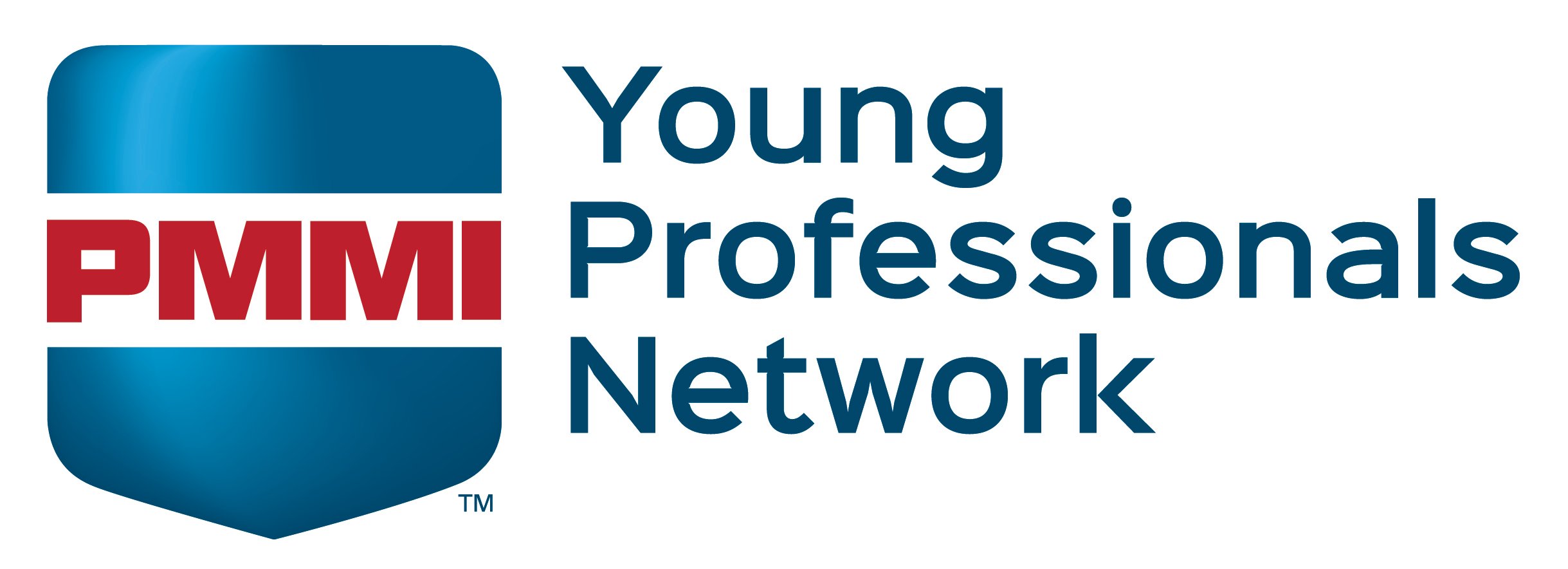Mentoring 101
Mentoring 101
A mentor can make or break the reputation of your program. Thankfully, there are a few tried-and-true tips for mentors that want to leave a lasting impression. Good mentor-mentee relationships are a two-way street; if you want a good relationship with your mentor, become a good mentee.
Start Your Mentee Off Right
Even the most confident of mentees will feel a little unsure to begin with. Make sure you give them a clear and concise list of what is expected of them, as well as company policies and rules, to start them off and give them a sense of structure.
Introduce Your Mentee
Bringing your mentee into the fold is the quickest way to earn points as a mentor. Make sure your mentee knows who to talk to if they have specific questions. Introduce them to anyone they might interact with daily or see around the office.
Communication is Key
You are one of your mentee’s first calls if they have questions or concerns. Make sure you are both approachable and available. Give your mentee a copy of your schedule so they know the best times to contact you for a question. Also, make sure they have an alternative person to talk to if their question is urgent.
Willingness to Share Skills, Knowledge, and Expertise
A good mentor is willing to teach what he/she knows and accept the mentee where they currently are in their professional development. Remember what it was like for you just starting out in the field. The mentor does not take the mentoring relationship lightly and understands that good mentoring requires time and commitment and is willing to continually share information and their ongoing support with the mentee.
Demonstrates a Positive Attitude and Acts as a Positive Role Model
A good mentor exhibits the personal attributes it takes to be successful in the field. By showing the mentee what it takes to be productive and successful, they are demonstrating the specific behaviors and actions required to succeed in the field.
Takes a Personal Interest in the Mentoring Relationship
Good mentors do not take their responsibility as a mentor lightly. They feel invested in the success of the mentee.
Usually, this requires someone who is knowledgeable, compassionate and possesses the attributes of a good teacher or trainer. Excellent communication skills are also required. A good mentor is committed to helping their mentees find success and gratification in their chosen profession. Overall good mentoring requires empowering the mentee to develop their own strengths, beliefs, and personal attributes.
Exhibits Enthusiasm in the Field
A mentor who does not exhibit enthusiasm about his/her job will ultimately not make a good mentor. Enthusiasm is catching and new employees want to feel as if their job has meaning and the potential to create a good life.
Values Ongoing Learning and Growth in the Field
Mentors are in a position to illustrate how the field is growing and changing and that there are still new things to learn. Anyone that feels stagnant in their current position will not make a good mentor. When starting out in a new career, people want to feel that the time and energy they spend learning will be rewarded and will ultimately provide them with career satisfaction. Good mentors are committed and are open to experimenting and learning practices that are new to the field.
They continually read professional journals and may even write articles on subjects where they have developed some expertise. They are excited to share their knowledge with new people entering the field and take their role seriously in teaching their knowledge to others. They may choose to teach or attend classes to further develop their knowledge and skills. They enjoy taking workshops and attending professional conferences provided through their membership in professional associations.
Provides Guidance and Constructive Feedback
One of the key responsibilities of a good mentor is to provide guidance and constructive feedback to their mentee. This is where the mentee will most likely grow the most by identifying their current strengths and weaknesses and learning how to use these to make themselves successful in the field.
A good mentor possesses excellent communication skills and can adjust their communication to the personality style of the mentee. A good mentor will also provide the mentee with challenges that will foster professional development and a feeling of accomplishment in learning the field.
Respected by Colleagues and Employees in All Levels of the Organization
Ideally, mentees look up to their mentors and can see themselves filling the mentor's role in the future. Mentees want to follow someone who is well respected by colleagues and co-workers and whose contribution in the field is appreciated.
Sets and Meets Ongoing Personal and Professional Goals
A good mentor continually sets a good example by showing how his/her personal habits are reflected by personal and professional goals and overall personal success.
Values the Opinions and Initiatives of Others
A mentor who values others is also someone who works well in a team environment and is willing to share his/her success. A good mentor appreciates the ongoing effort of the mentee and empowers him/her through positive feedback and reinforcement.

